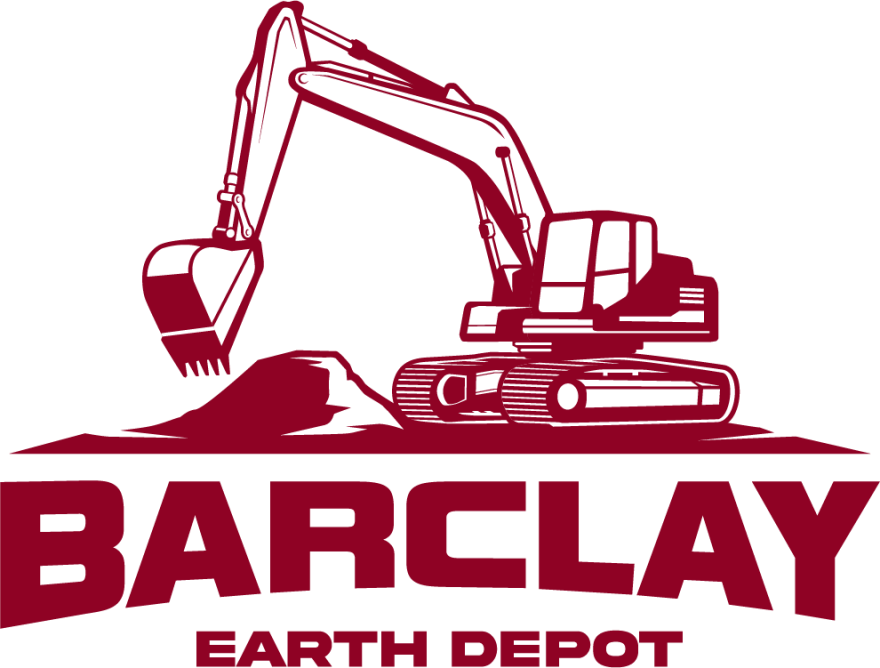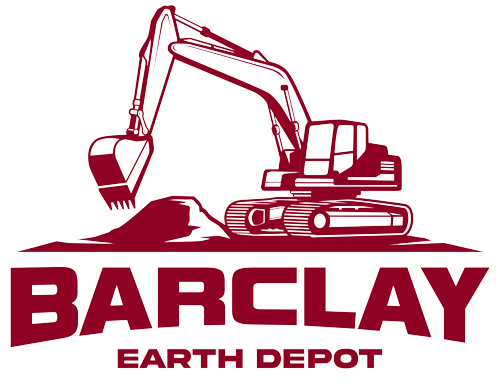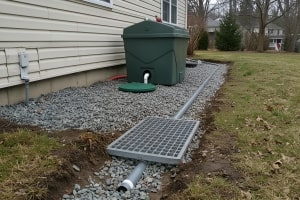 With a modern stormwater management system, you need the right aggregates to control flooding, protect infrastructure, and maintain water quality. An experienced aggregate supplier can make sure you get the specialized materials that make these systems efficient when managing water volume, supporting structural stability, and filtering contaminants from runoff.
With a modern stormwater management system, you need the right aggregates to control flooding, protect infrastructure, and maintain water quality. An experienced aggregate supplier can make sure you get the specialized materials that make these systems efficient when managing water volume, supporting structural stability, and filtering contaminants from runoff.
Stormwater management systems must handle whatever weather comes their way while protecting nearby properties and waterways. Lightweight aggregates form the backbone of these systems by creating controlled water flow paths, storage areas, and filtration zones that clean pollutants before water reaches rivers, lakes, and groundwater.
Managing Water Volume and Flow Control
Lightweight aggregates excel at stormwater control because of their exceptional pore space and infiltration capabilities. Quality lightweight aggregates achieve total pore space voids up to 65%, compared to only 40% for regular weight materials. This extra void space means you can store much more water in smaller areas.
These specialized lightweight aggregates handle infiltration rates over 1,200 inches per hour. Those fast infiltration rates stop surface flooding by quickly moving water into underground storage and treatment areas. Different lightweight aggregate sizes let engineers hit specific infiltration targets based on local rainfall patterns and soil conditions.
Controlled gradations provide flexibility for various applications within stormwater management systems. Fine aggregates work well in bioretention areas where controlled drainage is essential. Medium gradations between 1/4 and 3/8 inch support green roof installations and bioswales. Larger 1/2-inch aggregates provide structural support in applications such as permeable pavement and underground detention systems.
Supporting Infrastructure Stability
Stormwater management systems must maintain structural integrity under varying load conditions and moisture levels. Aggregates provide the stable foundation needed to support surface loads while maintaining drainage function over decades of service.
Properly graded aggregates distribute loads evenly and prevent differential settlement, which can damage surface structures or underground components. The material compacts to specified densities during installation and maintains stability as water levels fluctuate during storm events.
Where organic materials decompose and create voids over time, these aggregates maintain their structural properties throughout the life of the system. This long-term stability prevents settlement problems that could compromise drainage efficiency or damage adjacent infrastructure.
Clean aggregates eliminate sharp objects and debris that could puncture geotextiles or damage other system components. The controlled particle sizes provide uniform support without creating stress concentration points that could lead to premature failure.
Filtering Pollutants and Contaminants
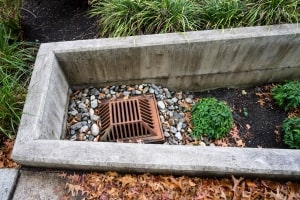 Stormwater picks up all sorts of pollutants from urban surfaces, including sediments, oils, metals, and organic contaminants. Lightweight aggregate-based filtration systems remove these pollutants before water enters natural waterways or groundwater supplies.
Stormwater picks up all sorts of pollutants from urban surfaces, including sediments, oils, metals, and organic contaminants. Lightweight aggregate-based filtration systems remove these pollutants before water enters natural waterways or groundwater supplies.
The pore structure within lightweight aggregates provides multiple contact points where pollutants get trapped and filtered from stormwater. Total suspended solids and other contaminants become physically trapped within the lightweight aggregate matrix as water flows through the system.
Specialized lightweight aggregates can absorb up to 38% of their volume within their internal pore structure. This absorption capacity helps remove dissolved pollutants and provides additional treatment beyond simple physical filtration. The extended contact time between water and aggregate surfaces enhances pollutant removal efficiency.
Bioretention systems combine aggregates with organic materials to create biological treatment zones. The aggregates provide structural support for plant growth while maintaining drainage function. Plants and beneficial bacteria remove nutrients and other dissolved pollutants that pass through the physical filtration zones.
Providing Long-Term Performance Benefits
Lightweight aggregate-based stormwater systems offer far better longevity than alternatives that rely on soil or sand-based materials. These quality aggregates resist clogging and maintain infiltration rates over extended periods without requiring frequent maintenance.
The controlled gradations and consistent quality of manufactured lightweight aggregates establish predictable performance throughout the system’s service life. Properly selected lightweight aggregates maintain drainage characteristics under repeated wetting and drying cycles, whereas sand can become crusted and lose permeability.
Temperature moderation is another important benefit of aggregate systems. Aggregates’ thermal mass and moisture retention properties moderate soil temperatures, which benefits plant survival in bioretention areas and reduces thermal stress on system components.
Compared to other options, maintenance stays minimal for lightweight aggregate systems. When maintenance becomes necessary, you can clean and reuse the materials, cutting long-term operating costs and environmental impact.
Selecting the Right Materials for Your Project
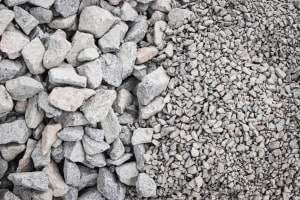 Successful stormwater management depends on matching aggregate specifications to specific project requirements. When selecting materials, engineers must consider factors such as infiltration rates, structural loading, and local regulatory requirements.
Successful stormwater management depends on matching aggregate specifications to specific project requirements. When selecting materials, engineers must consider factors such as infiltration rates, structural loading, and local regulatory requirements.
Regional variations in material availability and quality make working with an experienced aggregate supplier essential for project success. Local suppliers understand regional rainfall patterns, soil conditions, and regulatory requirements that affect material selection decisions.
Testing and quality control make sure aggregates meet engineering specifications for porosity, gradation, and chemical composition. Accredited laboratories can evaluate proposed material blends to verify that they will achieve target infiltration rates and performance standards.
Consistent material quality reduces construction risks and secures that installed systems perform as designed. Reliable suppliers maintain strict quality control procedures and can provide documentation verifying that materials meet project specifications.
Choose Florida’s Favorite Aggregate Supplier for Your Stormwater Management Projects
Effective stormwater management involves using the right aggregates to provide proper drainage, structural support, and filtration capabilities. When these systems work correctly, they protect your investment for decades.
Barclay Earth Depot has been a leading aggregate supplier in Florida since 2007, with high-quality aggregate materials backed by 80 years of combined excavation experience. Our team knows precisely what stormwater applications need and can recommend the right materials for your specific project conditions. Contact us today at (941) WE-DIG-IT or online for dependable aggregates for your stormwater management systems and make sure your infrastructure investment performs for the long haul.
